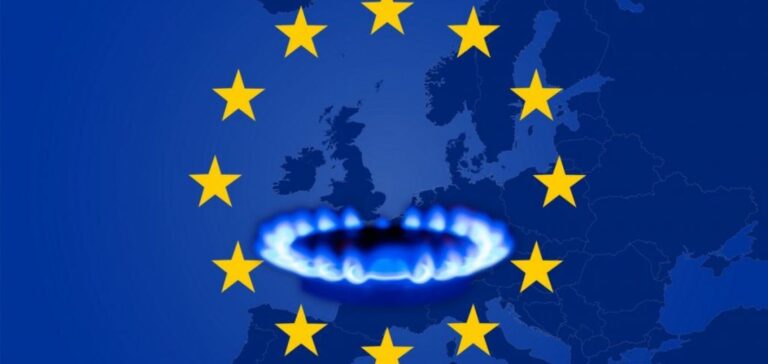European natural gas plunged on Thursday, as the union at a major Australian gas field reached an agreement in principle with energy giant Woodside, removing the possibility of a strike in Australia disrupting the supply of liquefied natural gas.
Australian agreement to end strike threat brings European gas price down to €31
The Dutch TTF futures contract, considered the European benchmark, fell 13.8% to $31.70 per megawatt-hour (MWh), after briefly dropping to 28.985 euros. European gas had not fallen below 30 euros since the beginning of August, before the threat of strikes at major gas facilities in Australia pushed prices up.
“The workers’ union at the large North West Shelf gas field has reached an agreement with Woodside management, and if it is ratified by the workers, the strike at the plant will be called off,” explain analysts at Energi Danmark. “This, of course, leads to sharp price falls on the gas market,” they continue.
On its Facebook page on Thursday, the Australian union Offshore Alliance welcomed this “agreement in principle” with the Australian energy group covering several gas platforms.
Uncertainties on the oil market: Brent at $83.36 (+0.18%), WTI at $79.05 (+0.20%)
Oil hovered around equilibrium, ending the day very modestly in positive territory. Brent North Sea crude oil for October delivery gained 0.18% to $83.36 a barrel. Its American equivalent, a barrel of West Texas Intermediate (WTI) for delivery in the same month, gained 0.20% to $79.05.
“Prices remain indecisive because on the one hand there are recessionary concerns and worries about the Chinese economy weighing on demand, and on the other OPEC+ production cuts putting a strain on supply,” summarized Kpler’s Matt Smith.
“Plus, it’s almost the peak of hurricane season, which always creates uncertainty” for the market, the analyst added. The strength of the dollar and the weakness of the stock market on Thursday “were all obstacles” to a rise in black gold prices, noted the Kpler analyst.






















